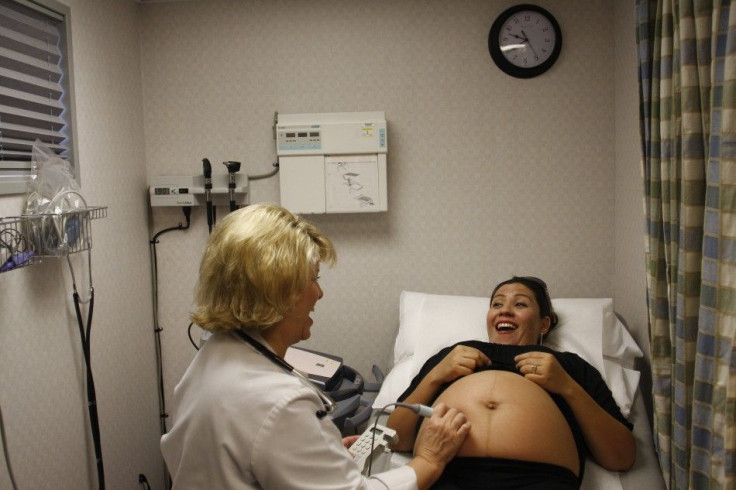History Of Stillbirth Increases Risk For Another: Study

Recent research conducted by the team at the University of Aberdeen has linked the occurrence of a stillbirth to an increased risk for a second stillbirth. According to the researchers, women who experience stillbirth once are at a fourfold risk of experiencing the same tragedy a second time.
A stillbirth happens when a baby is born dead after 24 weeks of gestation. U.K. ranks 32nd among the 35 European countries in terms of number of annual stillbirths. Even though the rate of stillbirth is declining, there are more than 3,200 stillbirths every year in the U.K.
During the study, the Scottish researchers searched for published and unpublished studies that once linked the occurrence of stillbirth in mothers with a history of a stillbirth in previous pregnancies.
The team collated the findings of 13 previous studies and found that the women who have had a stillbirth previously waere four times more likely to face another stillbirth, as compared to women with no history of stillbirth.
After taking into account other factors that could contribute to the occurrence of stillbirth, the risk dropped to threefold. Some of the confounding factors included maternal age, obesity and smoking habits.
“Smoking and obesity are independently associated with an increased risk of stillbirth, and modification of these lifestyle factors may make a small, but important, reduction in the risk of recurrence. Current management of pregnancies should take account of pregnancy history and make use of pre-pregnancy counselling services,” concluded the researchers.
Although there is no method to prevent stillbirths, the researchers believe that avoiding alcohol and smoking during pregnancy could help lower the risk. In addition, attending all prenatal appointments is a must.
The complete study has been published in the peer-reviewed British Journal of Medicine.
© Copyright IBTimes 2024. All rights reserved.





















